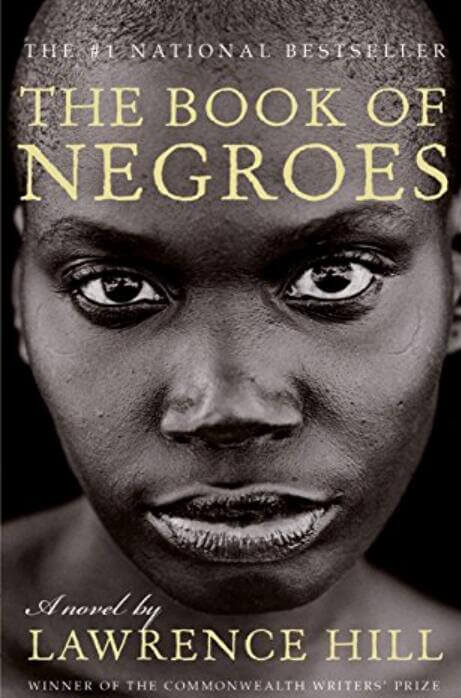
The recent paid suspension of Heather Hamilton, an English teacher from the Catholic school board in London, Ontario, for teaching Lawrence Hill’s novel The Book of Negroes has reignited a heated debate about the role of sensitive language in education. The controversy stems from the London District Catholic School Board’s policy against including educational materials containing the N-word on required reading lists, regardless of their historical or literary context.
Hamilton was reprimanded not only for using the book in her teaching but also for publicly addressing the policy, particularly after speaking directly with author Lawrence Hill. Hill, a prominent advocate for using literature to confront systemic racism, has defended the novel as an essential tool for educating students about slavery and its ongoing legacy. He expressed his concerns in an interview with CBC Radio, stating, “Although it may be well intentioned … my concern is that it essentially excludes, completely excludes, Black voices from the curriculum.”
The London District Catholic School Board, in its statement Clarifying the Use of Resources in LDCSB Schools, emphasized, “… it is important to confirm that our school board does not and has never banned books or other educational resources.” Instead, the board explained that books undergo a “vetting process” to identify language “which may be triggering for students.” Such books are excluded from classroom curricula but remain available for students to read independently.
However, according to Hill, Hamilton shared that she had been explicitly instructed by the school board to refrain from teaching the novel and was told, “Under no circumstances am I to teach a novel using the word.”
These sorts of educational directives reflect the growing tension between institutional policies designed to protect students and the critical role of literature in addressing systemic injustices. Many critics argue that schools risk diminishing students’ understanding of history and silencing essential conversations about race and resilience.
Striking a balance between addressing historical realities and fostering a respectful, inclusive learning environment remains a complex challenge for many classrooms in 2025.

Share Tweet Share Reddit Vote 0 Shares